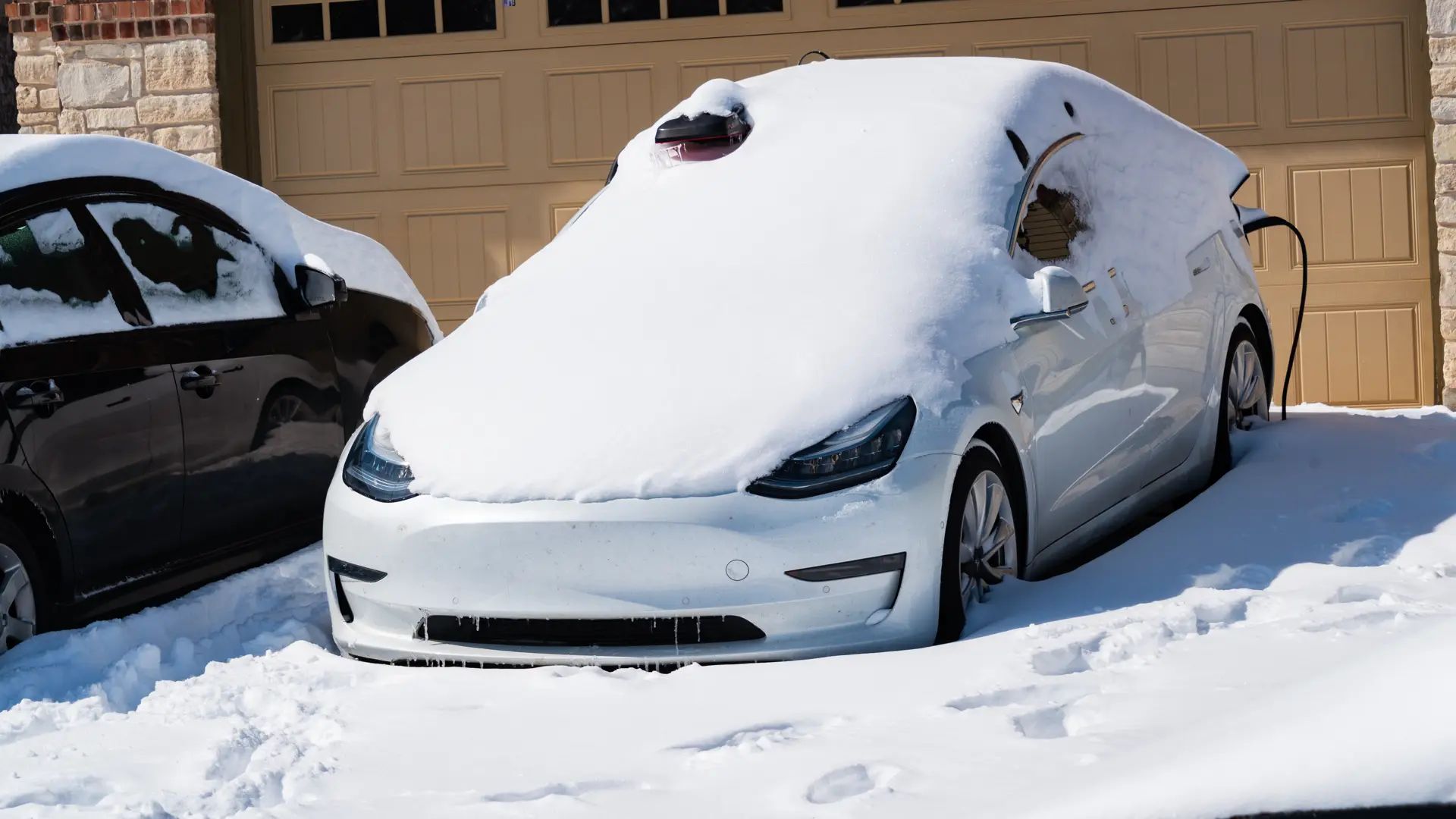EV Range in Winter Drops by Up to 40%
Tests show that cold temperatures significantly reduce the efficiency of electric vehicle (EV) batteries, with range losses reaching nearly half in extreme cases.

What Do the Tests Show?

Real-world winter testing of EVs reveals the following:
- Minimum range loss is 16.5% in moderately cold conditions.
- Maximum range loss can reach 40% during severe cold weather.
- Causes of reduced range include:
- The energy required to heat the cabin, which significantly drains the battery.
- Decreased battery efficiency in low temperatures.
- Increased tire resistance on icy or snowy roads.
Implications for EV Owners
- Frequent charging. EV owners will need to recharge more often in winter.
- Trip planning. Long trips require careful route planning to account for energy loss.
- Reduced reliability. EV performance becomes less predictable in extreme cold.
How Are Manufacturers Responding?
Automakers are already addressing these challenges by:
- Improving battery thermal management systems.
- Increasing battery capacity.
- Designing more energy-efficient heating systems.
Conclusion
Winter testing highlights that EVs are not yet fully optimized for harsh climates. However, ongoing technological advancements promise to minimize these issues over time. Buyers should consider seasonal limitations when choosing and operating an EV.
The editorial board is not responsible for the content and accuracy of material taken, sent or obtained from other sources. The publication of such materials is for informational purposes only and does not imply automatic endorsement or approval of their content.



:focal(0.49:0.37):format(webp)/YXJ0aWNsZXMvaW1hZ2UvMjAyNS80LzIwMjIxMjAzLWdhZi11NTUtNzkwLmpwZw.webp?w=1920)





















